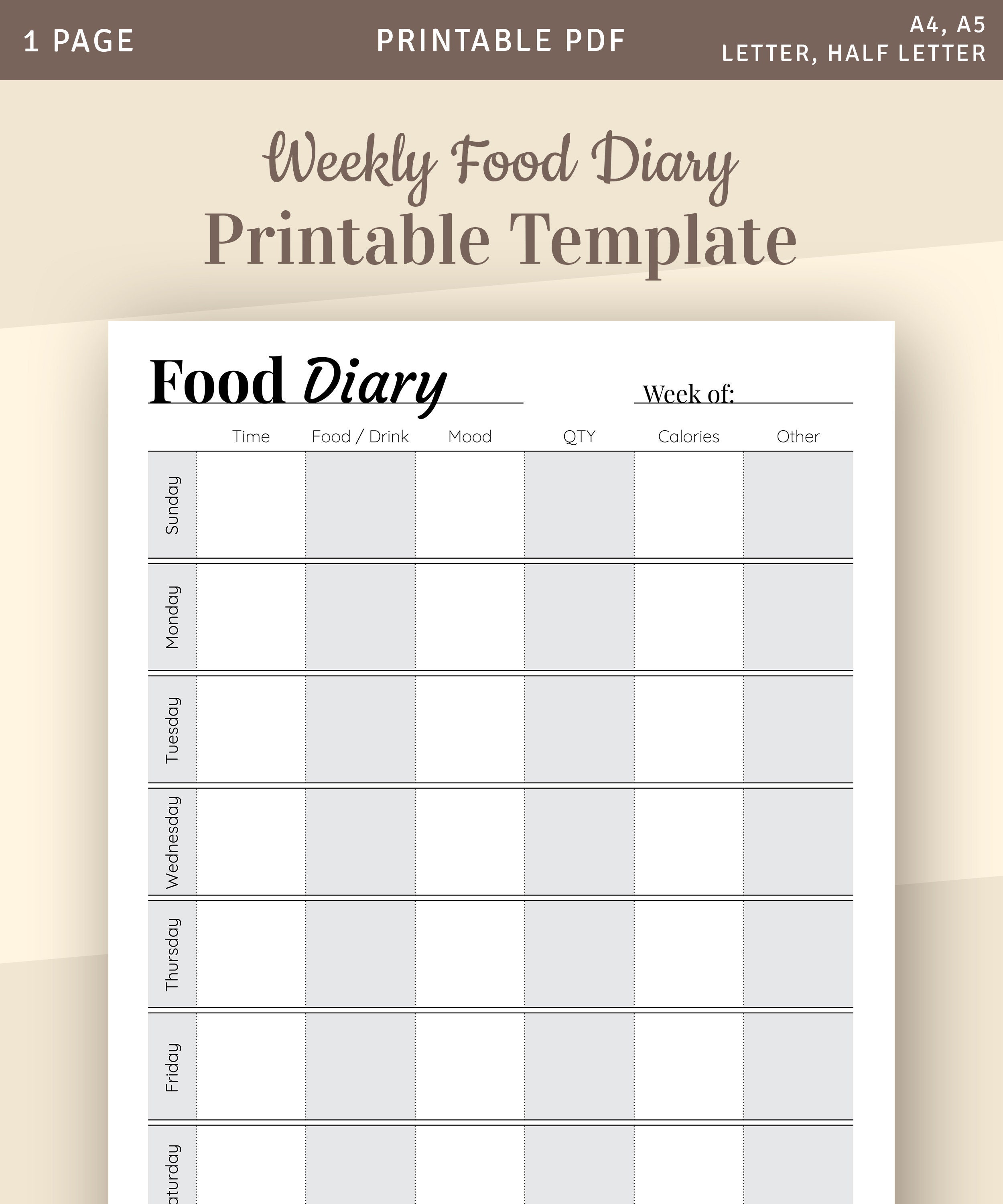

For some time after your surgery (typically a few months), your body may not absorb nutrients, liquids, vitamins, and minerals as well as it did before your surgery.

However, it takes time for your remaining bowel to adapt. This means that parts of your bowel can be removed without having a major impact on your nutritional health. It does this by absorbing the nutrients and liquids that would’ve normally been absorbed by the part that was removed. When a part of your bowel is removed, the part that’s left can adapt. Each section has a specific role in how your body digests and absorbs nutrients. The first section is the duodenum, the second is the jejunum, and last section is the ileum. It’s about 15 to 20 feet long and is divided into 3 sections. Your small intestine absorbs carbohydrates, proteins, fats, vitamins, and minerals. They help your body absorb nutrients from the foods you eat and liquids you drink. And next time I won't let myself fall down an app-induced score-related shame spiral after I do.Your bowels are your small intestine and large intestine (colon). Because I'm still gonna eat that cookie, but I'll try to eat fewer of them. "By focusing more on the positive, perhaps there will be less room for the negative." Perhaps. Gans suggests keeping track "of the positive foods (and beverages) you eat, such as, fruits, veggies, 100 percent whole grains, and water." "Give yourself credit for making those healthy choices," she says. "Strive to 'do your best' and remember that every little triumph (you now eat breakfast and you used to blow it off) is a reason to celebrate," she says. (There are some things that aren't meant to be shared, even on the Internet.) But I will continue to make an effort to eat healthier without shaming myself into self-deception. This way, the focus is not so much on obsessively tracking every morsel of food, but there's a more holistic outlook, helping people to connect how food is affecting their moods and their digestion."ĭon't worry: I won't be tracking my food/mood/poop on. "I ask people to write down the food they ate, how they felt after, and also their bowel movements. Keeping one indefinitely can get "tedious," Bajaj says, so he suggests keeping a "Food/Mood/Poop" diary for a week or two at a time. Frank Lipman, recommends keeping a food journal for short periods of time. Kerry Bajaj, a certified health coach who works with Dr. "If done correctly you learn a lot about your eating habits and food choices," says Keri Gans, RDN, and author of The Small Change Diet. Most nutritionists agree that tracking what you eat is a good way to eat healthier, lose weight (if that is the goal), and curb cravings. And that's not the way to reap any benefits from keeping track of what you eat. "They want to be able to demonstrate how perfectly they lived their day and are more reluctant to be truthful because of the shame, blame, and guilt they then feel when they haven't achieved the unrealistic and mythical perfection they aspire to." Peeke also notes that "women tend to view numbers with more emotion than men." Truth be told, the numerical score did feel like a test. Why did I feel compelled to lie? The lie was ultimately hurting me, right? "Women easily fall into the perfectionism landmine," Pamela Peeke, M.D., M.P.H., senior science adviser at Elements Behavioral Health and author of Body-for-Life for Women However much my "food score" benefited from my little omission, I felt ashamed.

Why did I feel compelled to lie to my food tracker?


 0 kommentar(er)
0 kommentar(er)
